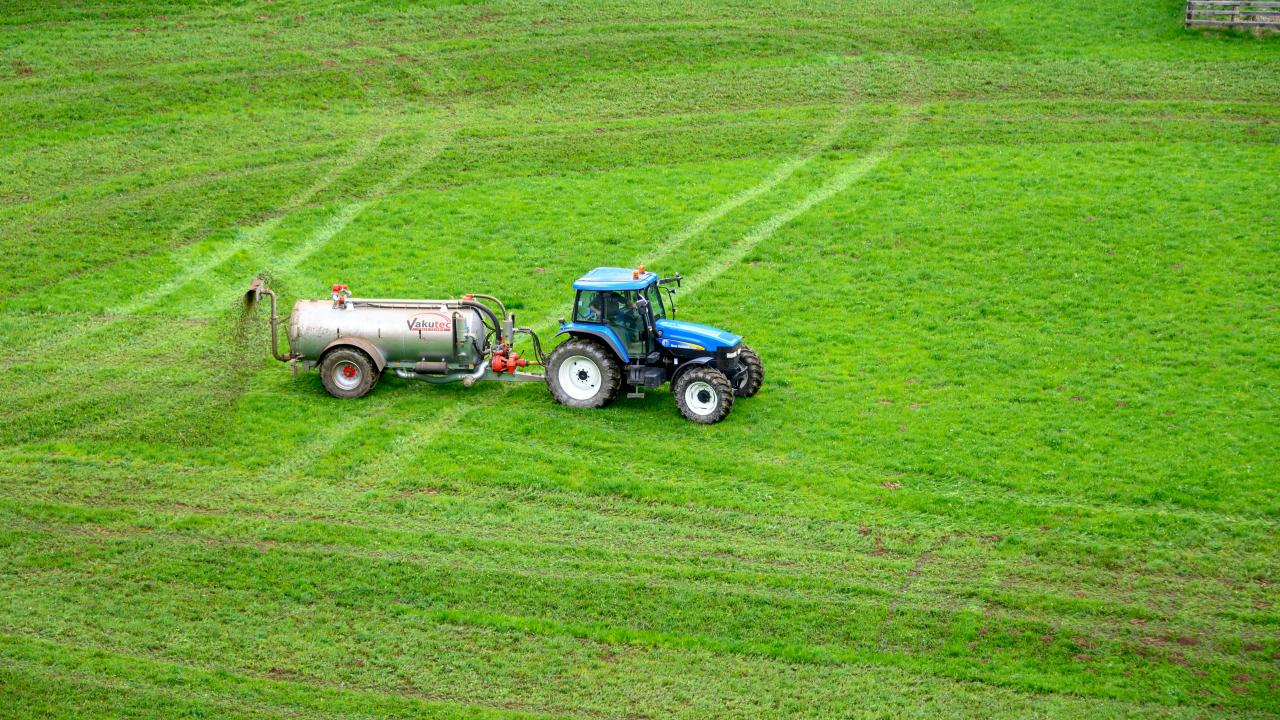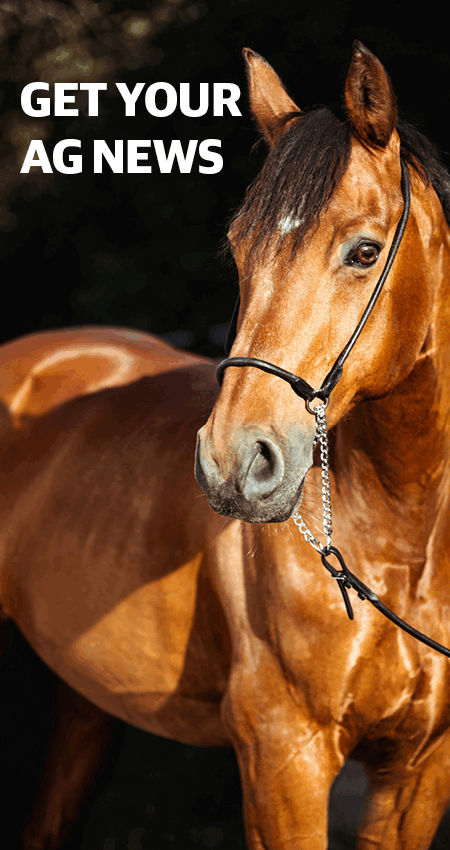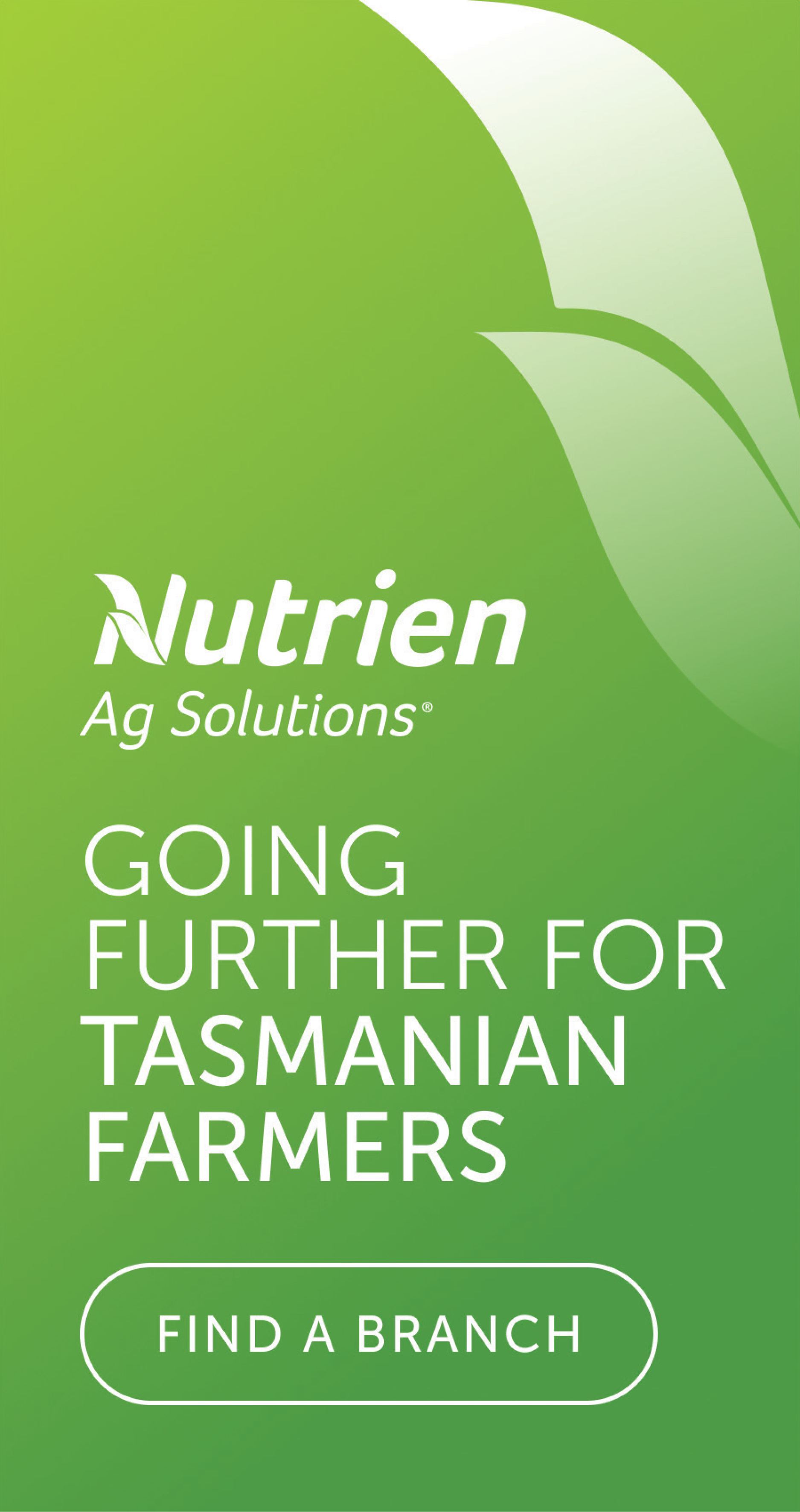Farmers bracing for climate change as report paints dire picture

Farmers have been urged by Tasmania’s peak agricultural body not to treat climate change as a “doomsday” scenario in the wake of a federal government report showing the nation’s primary industries and food production sectors are facing significant future challenges.
Australia’s National Climate Risk Assessment report says that the farming sector should brace for reduced yields for some crops, increasing livestock heat stress, declining forestry growth rates, impacts on the productivity of fisheries, increasing water consumption, destruction of forestry assets, risks to food security, declining primary industry workforce numbers and challenges for communities that rely on agriculture.
The report indicates the current climate risk for primary industries and food systems is moderate to high, with the rating forecasted to rise to high to very high by 2050.
TasFarmers president Ian Sauer said that the sector had been dealing with climate change for decades and that the risks were not new.
“This climate risk assessment is really about setting the groundwork for a plan,” Mr Sauer said.
“And that old adage that if you don’t plan, then you’ve planned to fail is a really important concept for us to get our mind around.”
Mr Sauer said that with large swathes of land in Tasmania and Australia used for agriculture, the burden of climate change on farmers would be profound.
“The changing climate is already impacting food security and it will continue to do that.
“The farming community will need new tools and methods to deal with this giant, changing climate.”
Mr Sauer also said that any future policy for the agricultural sector addressing climate change needed to be science-based.
“Sometimes the community will come up with brainwaves of what they think farmers should be doing and then politicians will implement it, and there’s nothing based on science – it’s just based on a philosophical thought process.
“It’s important that we build up the understanding of climate change and the effects on the agricultural sector.
“Then we need to draw a line under that and make sure that the decisions that we make, whether they’re policy or otherwise, are based on science.”
With irrigation already an entrenched part of farming in Tasmania, Mr Sauer said that primary producers were already taking steps to mitigate against the effects of climate change.
“We know that people are moving to Tasmania to grow different types of horticultural products because it’s cooler here than it is on the mainland.
“For many years, they’ve been developing varieties that can handle both drier and wetter conditions because of the more unreliable and changing climate we are getting.”
Mr Sauer said it was likely that conversations about genetically modified crops and animals would increase among the agricultural sector due to climate change.
“We shouldn’t look at climate change and a variable climate as doomsday.
“If we are smart, we will find opportunities and people are doing that at the moment.
“But there will also be barriers in the future.”
The climate risk report also indicated that there would be higher biosecurity risks, which Mr Sauer agreed would potentially be a problem for Tasmania.
“We’re going to get different weeds, insects and fungi, and they’re all going to be a challenge because some of these diseases and pests haven’t been able to live in Tasmania because of the cooler temperatures,” he said.
“But they will start to adapt to our changing climate, so everyone’s going to have to be pretty nimble.
“The days of saying certain threats are not coming over here are over.”




Add new comment